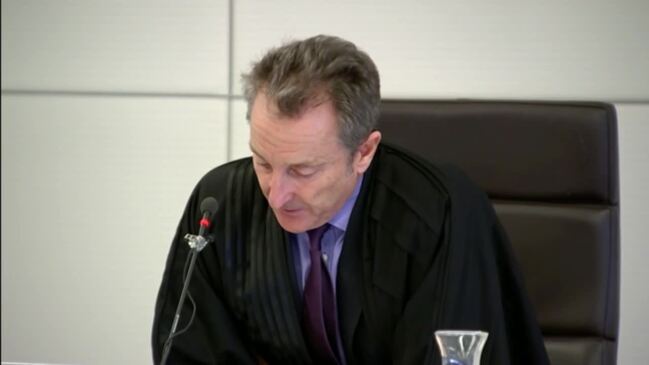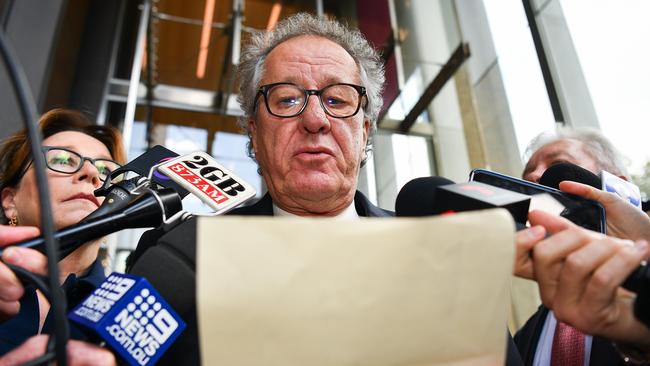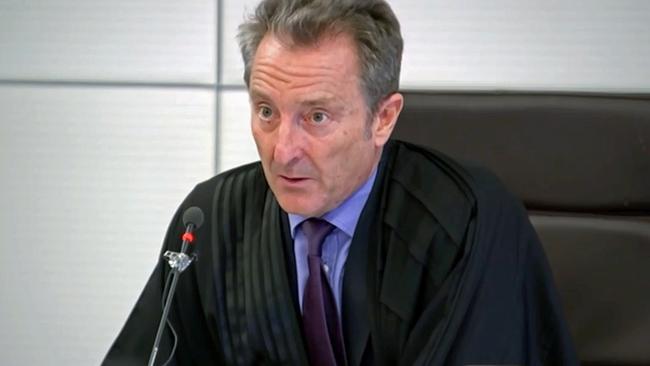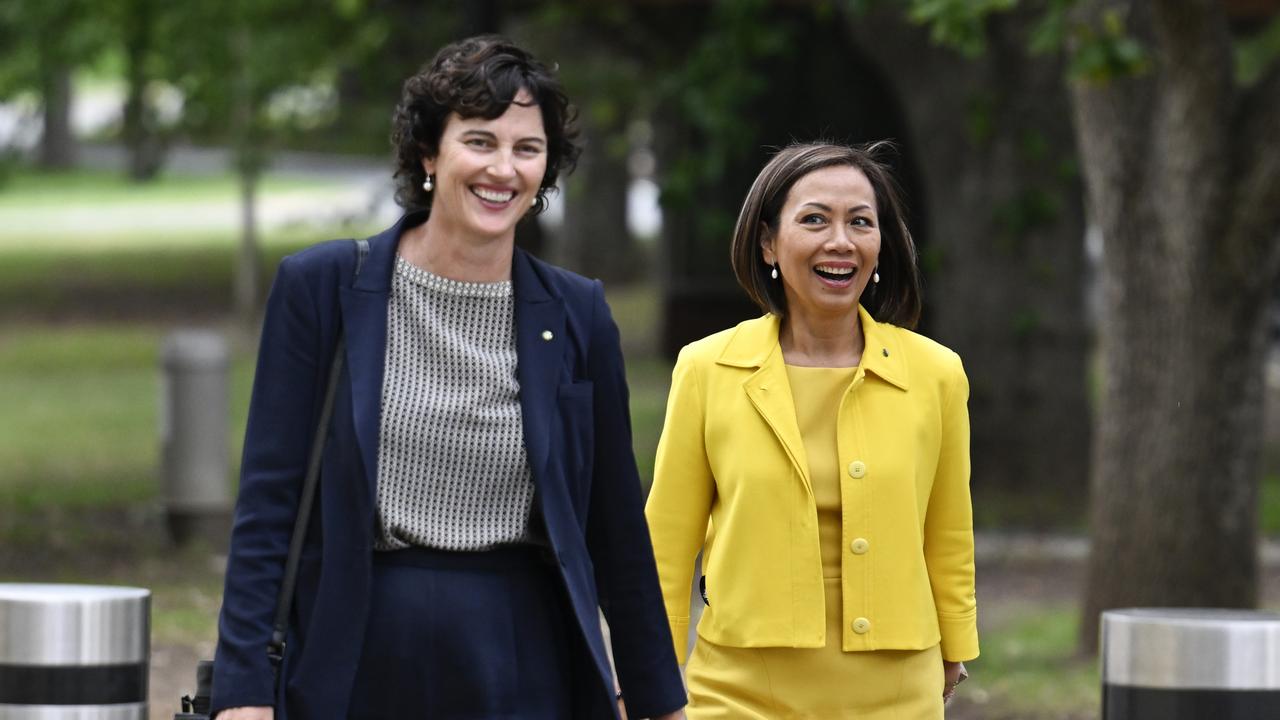Actor Geoffrey Rush awarded $2m for lost earnings against Daily Telegraph
Actor Geoffrey Rush has been awarded $2 million for lost earnings in his defamation case with The Daily Telegraph — a fraction of the $25 million he originally sought.

Actor Geoffrey Rush has been awarded $2 million for lost earnings in his defamation case with The Daily Telegraph — a fraction of the $25 million he originally sought.
Justice Michael Wigney found in favour of Mr Rush and awarded him $850,000 in damages for loss of reputation in April — making his total payout almost $2.9 million.
The Daily Telegraph is appealing against the decision. Part of the newspaper’s appeal is that the damages are excessive.
Actor Rebel Wilson was awarded $4.5 million in a lawsuit against Woman’s Day but it was reduced on appeal to $600,000.

Mr Rush sued the newspaper over a series of articles in late 2017 which said he had been the subject of a complaint of inappropriate conduct by an unnamed actress during a Sydney Theatre Company production of King Lear.
The actress was later identified as Eryn Jean Norvill who played Cordelia to Rush’s Lear in the production which ran from November 2015 to January 2016.
Today Tom Blackburn, SC, said part of the newspaper’s appeal would be based on Justice Wigney’s finding that Ms Norvill had been an “unreliable witness”.

Mr Blackburn asked Justice Wigney to recuse himself from deciding whether to grant an injunction stopping The Daily Telegraph from repeating the allegations against Mr Rush.
He pointed to a string of instances in the judgement that showed “unequal treatment” and “partiality” by the judge in favour of Mr Rush that he said gave rise to an apprehension of bias.
Kieran Smark, SC, for Mr Rush, argued the judge had followed “conventional judicial function” and there was no basis for arguing the judge had shown any bias.
Justice Wigney added another reason for arguing apprehended bias “would simply be that I looked cranky when I was giving the judgment, I suppose.”
He declined to recuse himself and went on to hear Mr Rush’s application for an injunction.
Mr Rush’s barrister Sue Chrysanthou called for the injunction because the newspaper had shown “defiance and disrespect” in its reporting of the judgment.

But Mr Blackburn argued “it would be outrageous if an injunction were to be imposed” when there was no threat the imputations against Mr Rush would be repeated.
He said Mr Rush was looking to “shut down free speech” and that an injunction would stifle discussion relating to the Me Too movement and issues raised by actress Yael Stone.
After the trial concluded in December, Orange is the New Black actor Yael Stone told the ABC and New York Times that Mr Rush watched her in the shower and danced naked in front of her when they shared a dressing room while they performed together in the play Diary of a Madman in Sydney’s Belvoir Street Theatre in 2010. Mr Rush denied the claims.
Mr Blackburn said any order would have “a chilling effect” on debate and that “it is not in the public interest to shut down discussion on these issues.
“The court should not make such an order because it shuts down legitimate debate,” he said.
Justice Wigney reserved his judgment on a permanent injunction until a later date.



